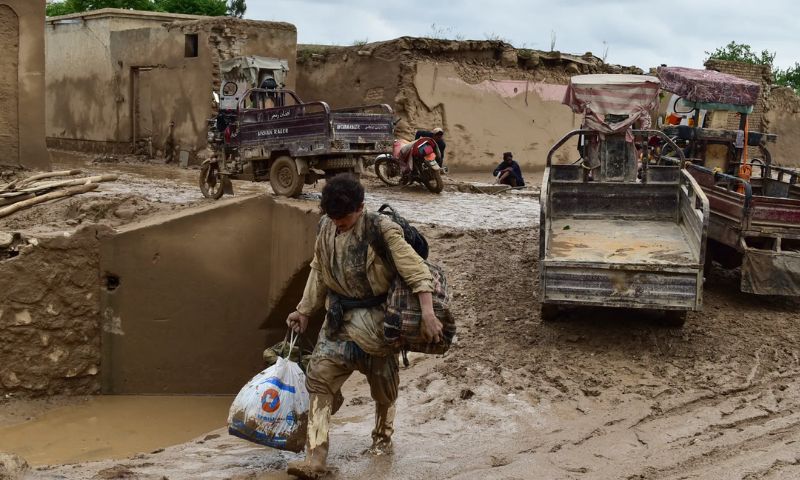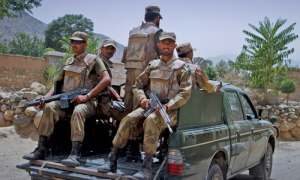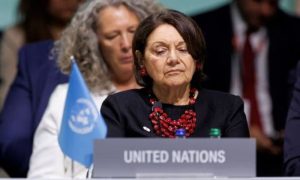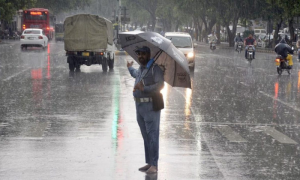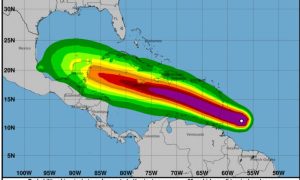UNITED NATIONS: The United Nations has launched urgent humanitarian efforts to assist communities devastated by catastrophic flash floods in northeastern Afghanistan, which have claimed at least 300 lives, including 51 children, with the toll expected to rise as additional reports emerge.
UN Secretary-General Antonio Guterres extended condolences to the families of the victims and pledged swift action to assess needs and provide emergency assistance.
The worst-hit province, Baghlan, witnessed heavy rains that destroyed approximately 3,000 houses, submerged farmland, swept away livestock, and disrupted essential services. Takhar and Badakhshan provinces also suffered significant damage, with initial reports indicating hundreds of houses damaged.
UN agencies, including UNICEF, are mobilizing resources on the ground to deliver lifesaving aid to affected families and communities. Dr. Tajudeen Oyewale, UNICEF Representative in Afghanistan, emphasized the urgent need to maintain access to safe water, health, and protection services, particularly for vulnerable children.
UNICEF-supported mobile health and nutrition teams have been deployed, and additional assessments are underway to address immediate needs and prioritize relief efforts. The agency is distributing essential supplies, including family kits, hygiene kits, blankets, and clothing, in collaboration with partners.
The International Organization for Migration (IOM) is providing aid packages comprising temporary shelters, non-food items, solar modules, clothing, and tools for shelter repairs to affected populations. The UN World Food Programme (WFP) is distributing energy biscuits to flood survivors and addressing the humanitarian fallout from a series of extreme weather events exacerbated by climate change.
UN relief chief Martin Griffiths emphasized the imperative of climate-resilient humanitarian efforts to mitigate the impact of such disasters. Afghanistan, among the 10 most vulnerable countries to climate change, faces escalating risks from floods, droughts, and other weather-related hazards, necessitating robust preparedness and response mechanisms.
As the UN and its partners collaborate with national authorities to deliver shelter, food, and healthcare to affected communities, the humanitarian response underscores the collective commitment to support Afghanistan during this challenging period and build resilience against future crises.









